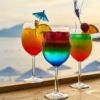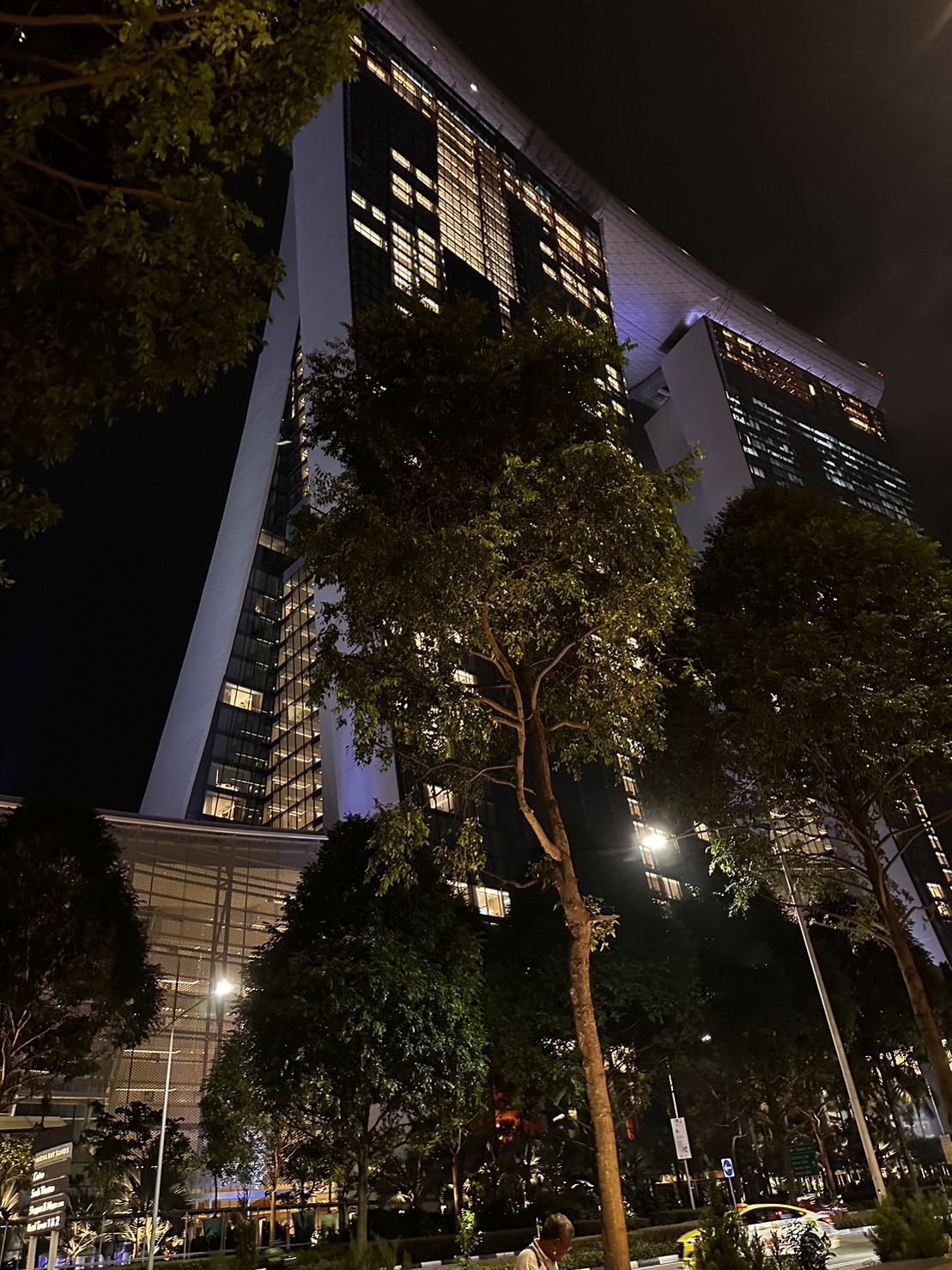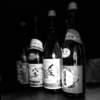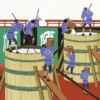Maldives Japanese sake situation
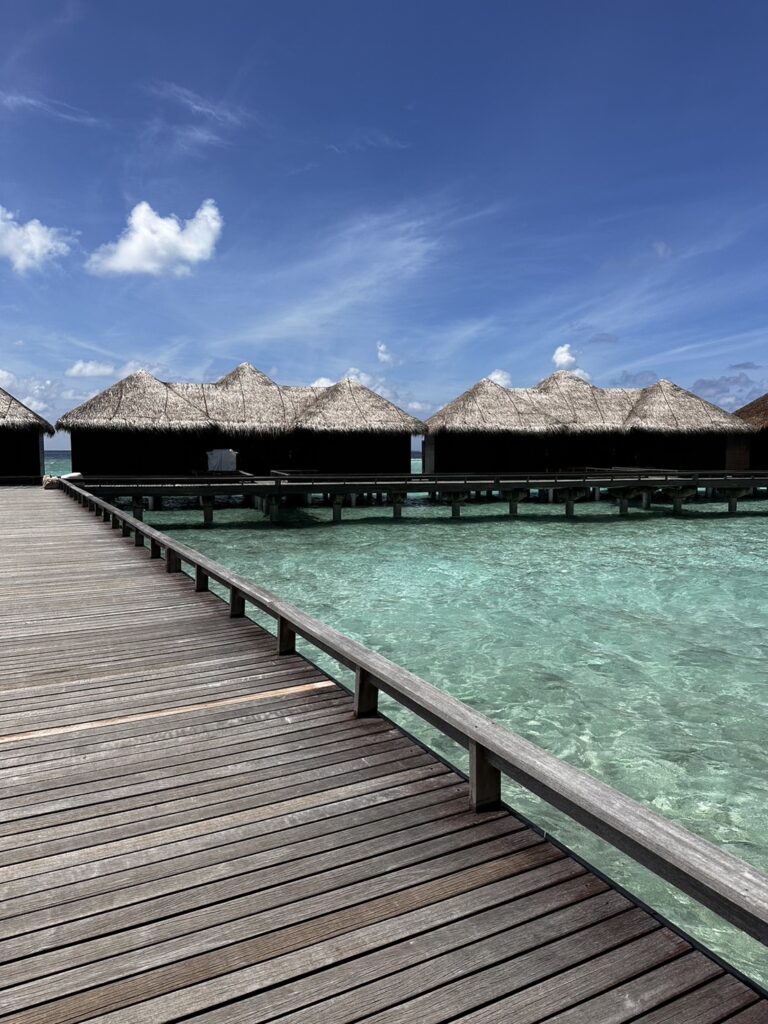
Maldives Japanese sake situation
This time, I tried to find out more about Maldivian sake.
First of all, what kind of country is Maldives?
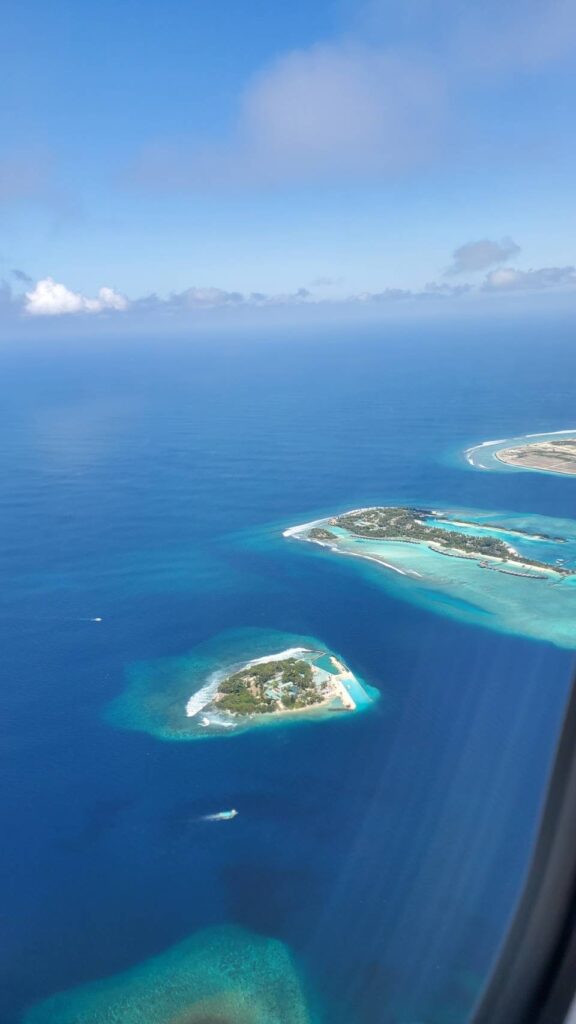
Geography: The Maldives is a tropical island nation located in the Indian Ocean, situated in South Asia. It is renowned for its stunning beaches, crystal-clear waters, rich marine life, and its reputation as a prime resort destination. The country consists of 26 atolls and over 1,000 smaller islands, organized into these 26 atolls. The total land area of the Maldives is approximately 300 square kilometers, making it one of the world’s smallest countries.
History: The history of the Maldives dates back to ancient times, with early settlements believed to have been established around 500 BC. Over the centuries, the Maldives has been influenced by various cultures due to its strategic location along trade routes connecting India, Arabia, Persia, and Europe. Islam began to spread in the Maldives during the 12th to 15th centuries, eventually becoming the dominant religion. The Maldives had encounters with European powers such as Portugal, the Netherlands, and Britain from the 16th to the 19th century. In 1932, the Maldives became a British protectorate, gaining independence in 1965.
Culture: The culture of the Maldives is deeply rooted in Islam, with mosques and Quranic schools scattered across the islands. Traditional Maldivian culture includes handicrafts, music, dance, and particularly, the recitation of “Baajjeveri" (epic poetry). The people of the Maldives are known for their warm hospitality and friendliness towards visitors.
Economy: The Maldives’ economy heavily relies on tourism. The country’s natural beauty, including its pristine beaches, coral reefs, overwater bungalows, snorkeling, and scuba diving, attracts tourists from around the world. Tourism constitutes a significant portion of the Gross Domestic Product (GDP) and provides employment opportunities for many. Additionally, fishing, especially tuna and other seafood exports, plays a vital role in the economy.
Tourism: The Maldives is renowned as a paradise destination, offering luxurious beach resorts, overwater bungalows, crystal-clear waters, snorkeling, scuba diving, and more for tourists to enjoy. Visitors can indulge in opulent stays at resorts while experiencing local culture and traditions. The capital city, Malé, and other islands also serve as focal points for tourism, offering historical landmarks and vibrant markets to explore.
Environment: The Maldives faces the threat of sea-level rise due to its low-lying geography. Climate change-induced sea-level rise poses a significant challenge to the country’s future. The Maldivian government places a strong emphasis on environmental protection, with initiatives such as increased use of renewable energy and the establishment of marine protected areas to safeguard the ecosystem. The country collaborates with the international community to address climate change concerns.
I looked for sake at Sheraton, which is relatively close to the city center in the Maldives.
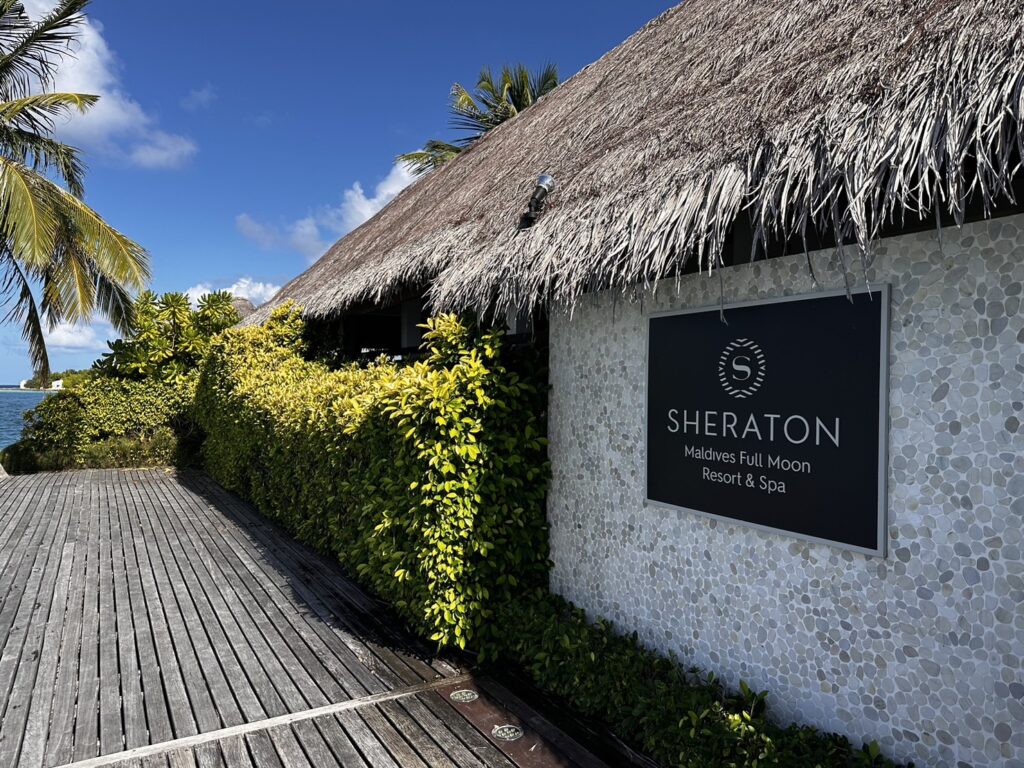
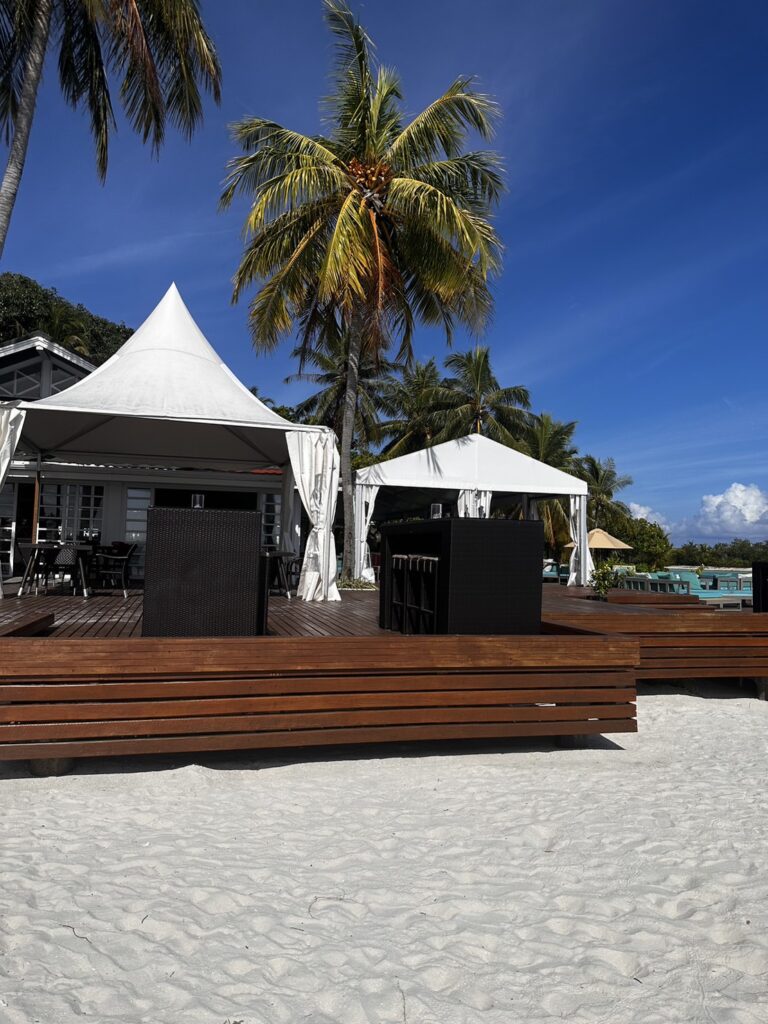
There is almost no Japanese sake at Sheraton in the Maldives. Although Japanese food may be served at buffets and restaurants, they rarely sell sake or shochu. I would like to see this spread from now on.
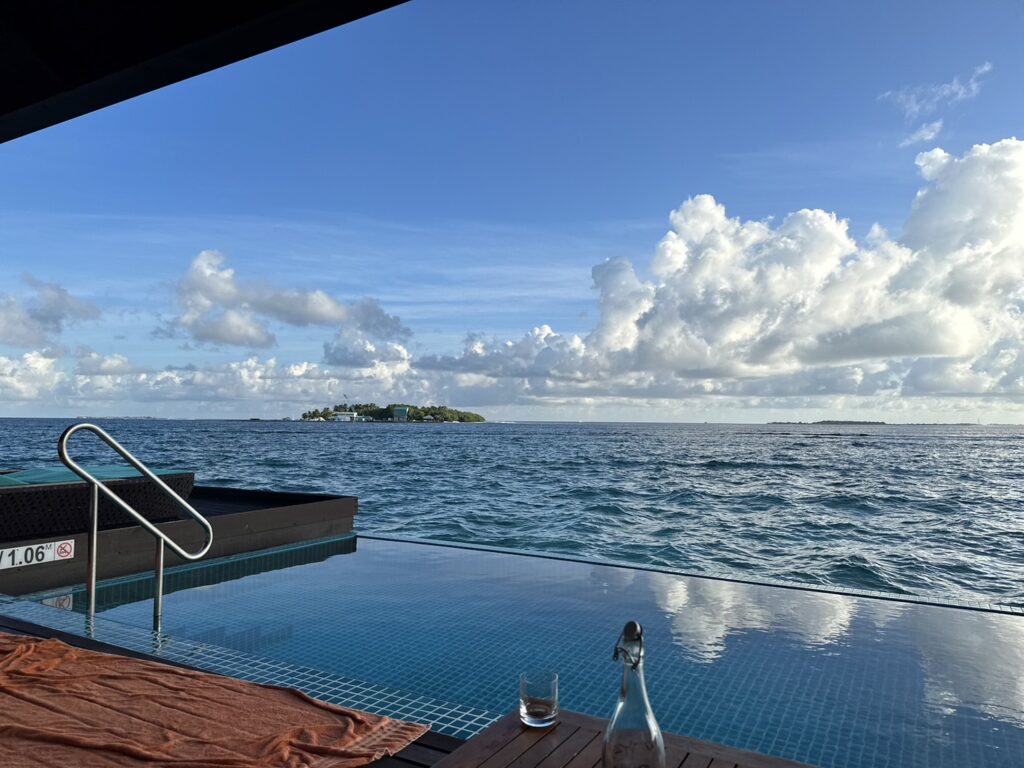
The situation regarding Japanese sake (rice wine) in the Maldives is influenced by the country’s strict adherence to Islamic law, where the consumption and sale of alcoholic beverages, including Japanese sake, are generally prohibited. Due to these stringent restrictions, Japanese sake and other alcoholic beverages are not readily available in the Maldives, and public consumption of alcohol is also prohibited.
In tourist and resort areas, alcohol may be offered to international tourists, but even in these locations, strict regulations apply, and the availability of alcohol is limited. Visitors to the Maldives should be aware of and respect the local laws and regulations related to alcohol consumption.
In summary, Japanese sake and other alcoholic beverages are generally not available for consumption in the Maldives due to the strict adherence to Islamic law and alcohol-related restrictions. Tourists who wish to consume alcohol should do so only in designated areas where it is permitted, typically within tourist and resort establishments.
